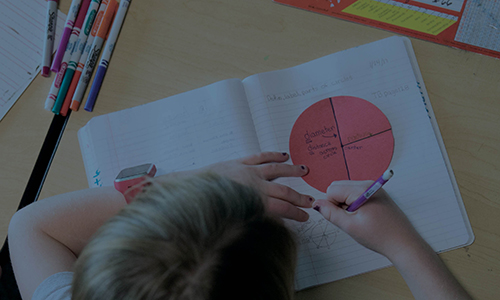Journal article
Modeling academic achievement and self-efficacy as joint developmental processes: Evidence for education, counseling, and policy
2019

Abstract
Academic self-efficacy is a construct associated with high school graduation rates and achievement, including mathematics test scores. While many studies consider the longitudinal relationship between math and self-efficacy scores, they tend to fit models that assume the two constructs do not have unique developmental trajectories (growth models), nor do they examine how the constructs relate within persons. In this study, repeated measures of math achievement and self-efficacy are used to fit a variety of latent curve models that jointly estimate growth in both constructs. Results indicate that, while there is a significant association between growth in self-efficacy and growth in math, within-person deviations from those growth trajectories at a given point in time do not appear related across constructs. Implications for education, psychology, and policy are discussed.
See MoreThis article was published outside of NWEA. The full text can be found at the link above.






